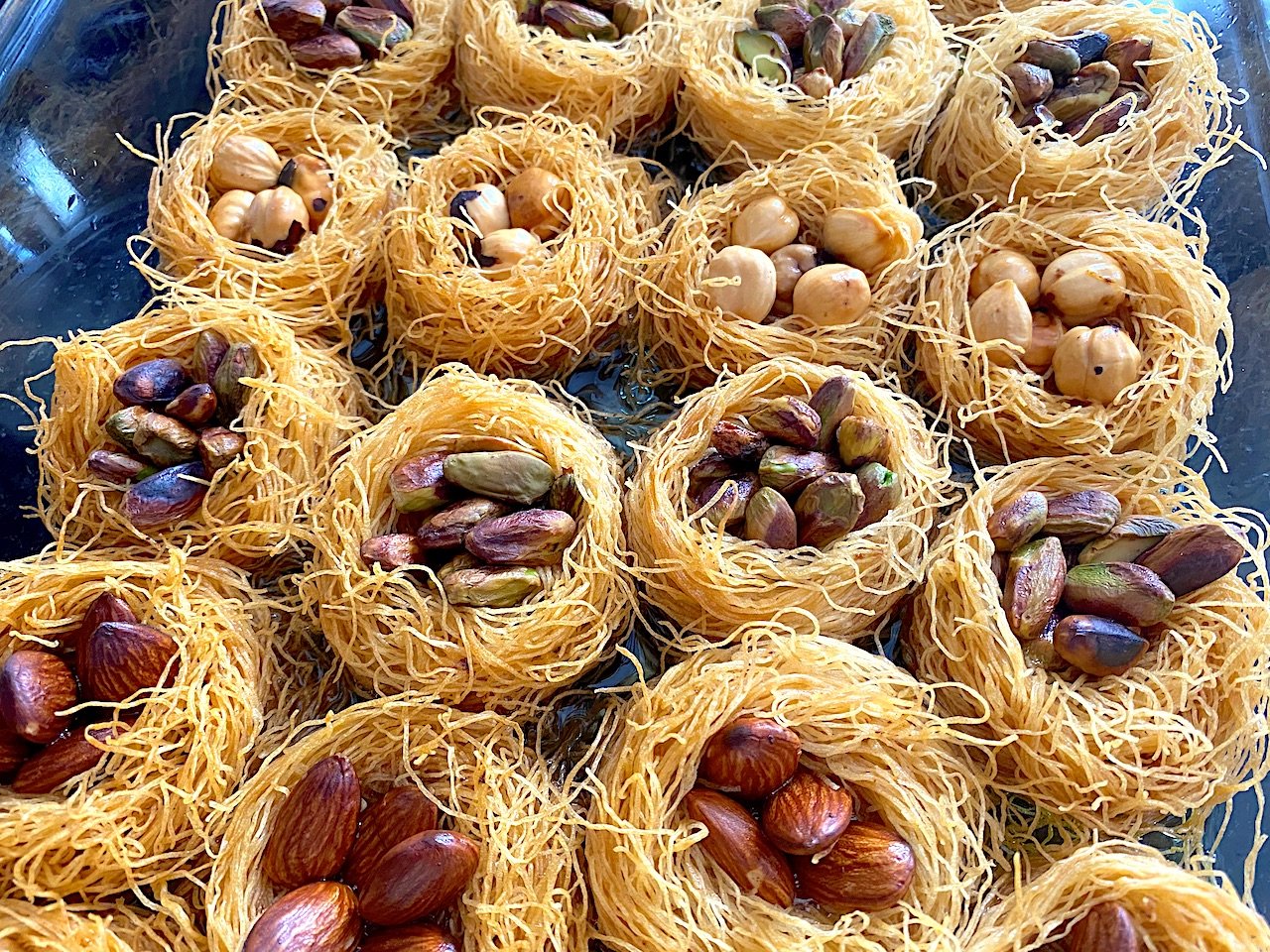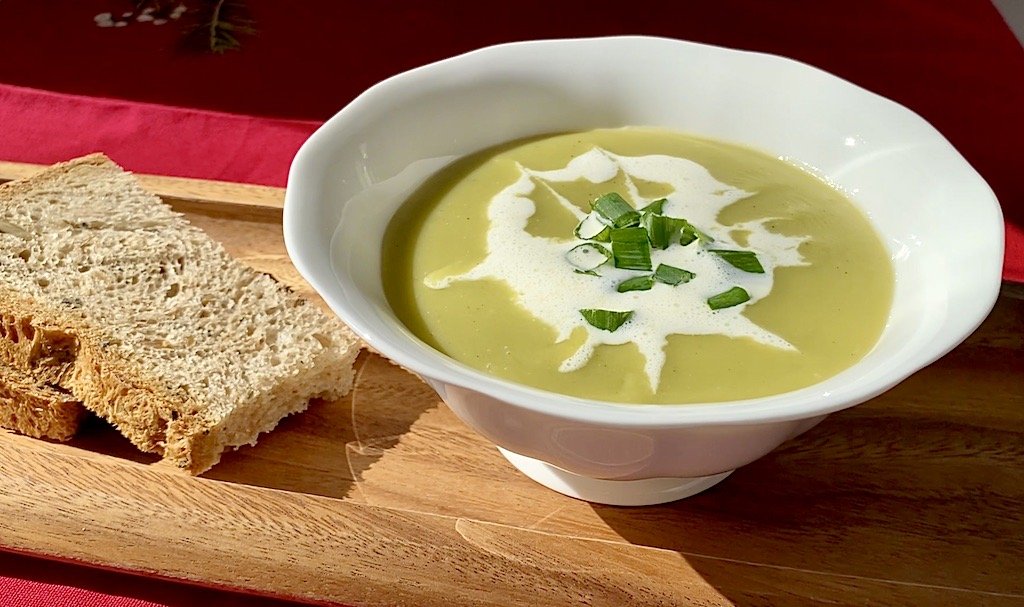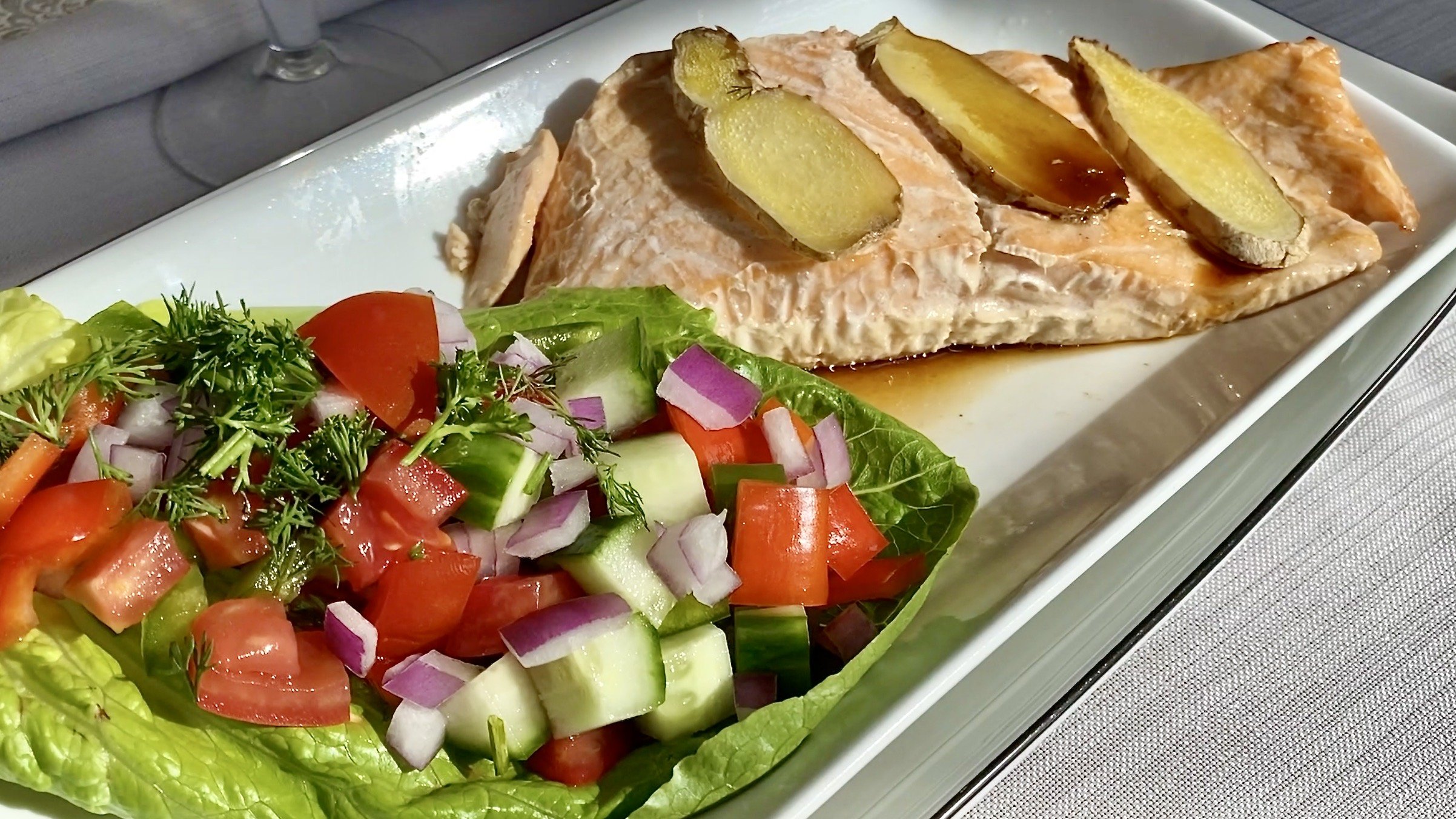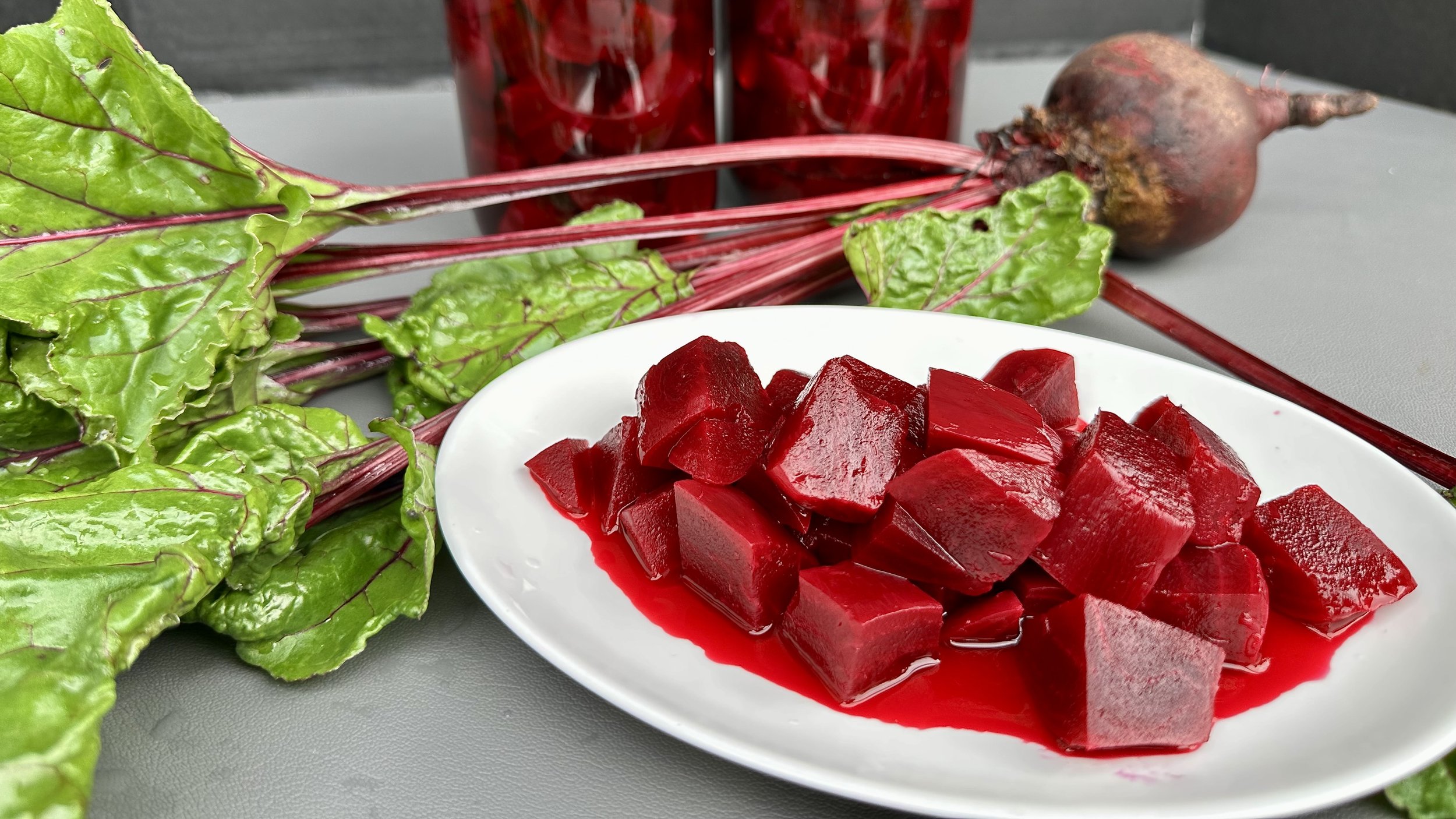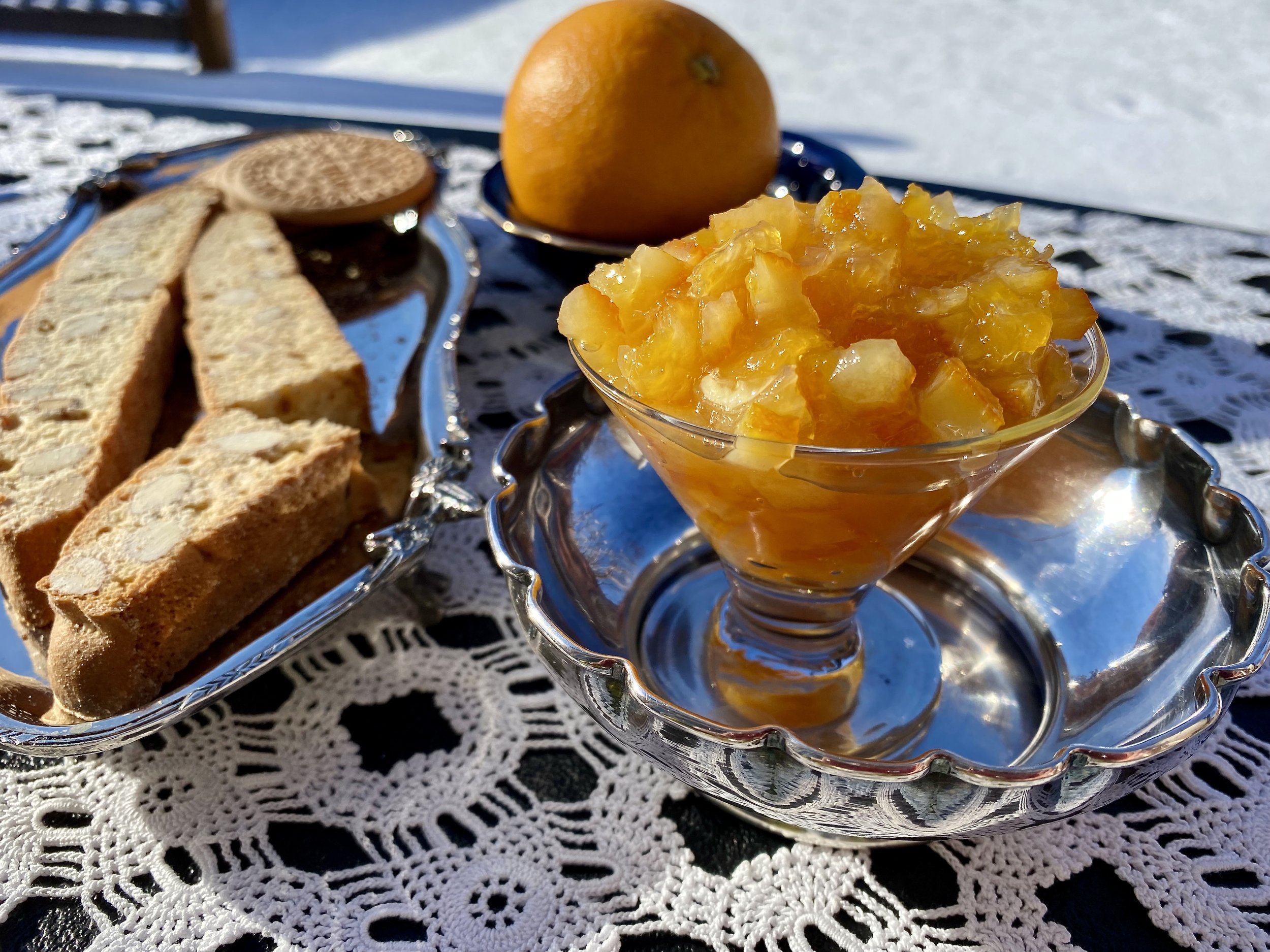Albanian-Style Liver / Arnavut Ciğeri
ALBANIAN-STYLE LIVER (ARNAVUT CİĞERİ): SPICY FRIED LIVER WITH FRIED POTAO AND ONION GARNITURE
Note: By clicking on this video, you allow third parties (YouTube and Google) to access your data. Visit our privacy policy for more info.
Paving stones to corner stores!
A Tale of Istanbul in every bite…
Arnavut Ciğeri, or Albanian-Style Liver, is a dish steeped in history, reflecting Istanbul's rich tapestry of cultural influences. This dish owes its origins to the 15th-century Albanian immigrants who fled the Balkan wars and were tasked with rebuilding Istanbul’s roads. Known for their craftsmanship, they constructed the city’s iconic granite-paved streets, famously called "Arnavut Kaldırımı."
During this time, the Albanians also revolutionized the local food scene by popularizing offal dishes like Arnavut Ciğeri, an affordable and flavourful source of protein. Their culinary influence extended beyond liver; they were pioneers in commercializing dairy products such as kaymak, milk, and yogurt, which were already staples in Turkish homes. By establishing physical shops selling these goods, they transformed the way Istanbulites enjoyed their dairy, turning home-made traditions into thriving businesses.
Arnavut Ciğeri became a beloved dish, pairing perfectly with the tangy crunch of onion salad and crispy potato fries. This combination has since become a signature in Istanbul’s cuisine, embodying the city's dynamic and multicultural culinary heritage.
Ingredients
For the Liver:
700 g lamb or beef liver
½ cup flour
1 tsp baking soda
1 tbsp flaked red pepper (hot or mild)
½ tbsp salt
For the Onion Salad:
450 g (1 large) sweet onion
1 bunch fresh parsley
2 tbsp sumac
1 tsp salt
For the Potato Fries:
1.5 kg Yukon Gold (yellow) potatoes
1 tsp salt
3-4 cups grape seed or firm sunflower oil
For Serving:
Lemon slices
Tomato slices (optional)
Hot red pepper flakes (optional)
Cumin (optional)
Directions
PREPARATION
Liver:
Lightly rinse the liver, drain for 10-20 minutes, and remove the outer membrane and tough tissues. Dice into 1.5-2 cm cubes. Let the liver drain in a strainer until ready to cook.
Potatoes:
Peel and dice the potatoes into 1.5-2 cm cubes. Place in water to prevent browning. Drain and pat dry before frying.
Onion Salad:
Thinly slice the onion into half-circles. Mix with minced parsley, sumac, and set aside. Salt 4-5 minutes before serving.
SEASONING
Combine flour and baking soda in a bowl. In a separate bowl, mix red pepper flakes and salt.
FRYING
Potatoes:
Heat oil to 200°C in a deep pan. Fry potatoes in batches for about 8-10 minutes until golden. Drain, season, and set aside.
Liver:
Coat liver pieces in the flour mixture, dust off excess. Fry in hot oil for 1-2 minutes. Drain and season with the red pepper mix.
SERVING
Arnavut Ciğeri can be enjoyed as a satisfying meal on its own, accompanied by potato fries and onion salad. It is best served immediately for maximum flavour and texture. Adjust seasoning to your preference with additional spices like cumin.
This dish also works wonderfully as a meze, complementing a variety of other dishes on the table. While my mother used to prepare this dish 3-4 times a year, it is particularly preferred in the spring when young lambs are harvested for their tender and fresh liver. This seasonal tradition adds an extra layer of flavour and significance to the dish, making it a delightful part of springtime celebrations.
[Notes from the Kitchen]
Liver Preparation: Rinsing the liver is optional but can help remove excess blood. Ensure it’s thoroughly drained to avoid a mushy texture.
Cooking Tips:
Exact Cooking Time: Fry liver pieces for 1-2 minutes and potatoes for 8-10 minutes to achieve the ideal texture.
Temperature Stability: Maintain oil temperature around 180°C by cooking in small batches. Avoid adding too many cold items at once, as this can significantly lower the oil temperature. Let the liver come to room temperature before frying to help maintain consistent heat.
Cultural Insight: This dish is a staple in Turkish meyhanes and home kitchens, offering a taste of traditional Anatolian hospitality.

